
COVID-19 (RT PCR) - AT CENTRE
- 500
GENEXPERT MTB/RIF PCR - SPUTUM
- 2340
HEPATITIS B VIRUS (HBV) PCR - QUANTITATIVE
- 6500
COVID-19 (RT PCR) - OFF SITE
- 675
MTB AND NTM PCR - BIOPSIES
- 2700
BCR - ABL PCR QUALITATIVE
- 4050
BCR - ABL PCR QUANTITATIVE
- 5850
CMV DNA PCR QUALITATIVE
- 6750
CMV DNA PCR QUALITATIVE - CSF
- 4500
CMV DNA PCR QUALITATIVE - PLASMA
- 3690
CMV DNA PCR QUALITATIVE - URINE
- 9000
CMV DNA PCR QUANTITATIVE
- 6750
EGFR MUTATION DETECTION (EXON 19 DELETION EXON 20-T790M EXON 21-L858R) - TISSUE BIOPSY
- 8100
EGFR T790M (EXON 20) - MUTATION DETECTION
- 8100
FACTOR II (PROTHROMBIN) MUTATION
- 4950
FACTOR V LEIDEN MUTATION
- 4950
GENEXPERT MTB/RIF PCR
- 2340
GENEXPERT MTB/RIF PCR - PUS
- 2340
GENEXPERT MTB/RIF PCR - TISSUE
- 2340
GENEXPERT MTB/RIF PCR - URINE
- 2340
GENEXPERT MTB/RIF PCR BODY FLUIDS
- 2340
What is Molecular Diagnostics and Why It Matters
Molecular diagnostics is a cutting-edge branch of laboratory medicine that uses molecular biology techniques to study an individual’s genetic material (DNA/RNA). It helps identify diseases at the molecular level, often before symptoms appear or when traditional methods are inconclusive.
It involves analyzing genes, gene expression, and genetic mutations to detect:
- Infections
- Genetic disorders
- Cancers
- Drug responses (pharmacogenomics)
In simple terms, molecular diagnostics helps “read your body’s instruction manual” to find errors or invaders (like viruses or mutated genes) that cause illness.
How Molecular Diagnostics Works
The key steps include:
- Sample Collection – blood, saliva, tissue, or swabs.
- DNA/RNA Extraction – isolating genetic material from cells.
- Amplification – using PCR (Polymerase Chain Reaction) to make millions of copies of specific DNA/RNA segments.
- Detection & Analysis – identifying genetic mutations, pathogens, or abnormal gene expression.
Common Techniques:
- PCR (Polymerase Chain Reaction)
- RT-PCR (Reverse Transcription PCR)
- Real-Time PCR (qPCR)
- Next-Generation Sequencing (NGS)
- Microarrays
- DNA/RNA hybridization
- CRISPR-based diagnostics (emerging)
Why Molecular Diagnostics Matters
🔍 1. Early and Accurate Disease Detection
Molecular tests detect diseases at their earliest stages—even before symptoms appear.
For example:
- HPV DNA test detects cervical cancer risk.
- BRCA1/BRCA2 gene testing identifies breast cancer susceptibility.
🧬 2. Precise Detection of Infections
Molecular diagnostics can detect:
- Viral infections like HIV, hepatitis, COVID-19, HPV.
- Bacterial infections (e.g., tuberculosis, chlamydia).
- Fungal and parasitic infections with high sensitivity and specificity.
These tests are often faster and more accurate than traditional cultures.
👩⚕️ 3. Personalized Treatment Plans (Precision Medicine)
By analyzing a patient’s genetic makeup, molecular diagnostics helps doctors:
- Choose the right drug (pharmacogenomics)
- Avoid harmful drug reactions
- Identify targeted therapies in cancer (e.g., EGFR mutations in lung cancer)
🧫 4. Cancer Diagnosis and Monitoring
Molecular diagnostics plays a major role in:
- Identifying gene mutations driving cancer
- Predicting response to therapies
- Monitoring minimal residual disease or recurrence
Examples:
- KRAS, EGFR, HER2 gene tests in cancers
- BCR-ABL test in leukemia
👶 5. Genetic and Prenatal Testing
Carrier screening for inherited diseases like thalassemia or cystic fibrosis.
Non-invasive prenatal testing (NIPT) to detect chromosomal abnormalities in a fetus using a maternal blood sample.
🧪 6. COVID-19 and Public Health
RT-PCR became the gold standard for COVID-19 detection. Molecular diagnostics proved its global significance during the pandemic—helping with:
- Mass screening
- Contact tracing
- Variant detection
🧠 7. Neurological and Rare Disease Diagnosis
Molecular diagnostics helps identify rare genetic disorders or neurological diseases such as:
- Huntington’s disease
- Duchenne muscular dystrophy
- Fragile X syndrome
Benefits of Molecular Diagnostics
✅ High accuracy and sensitivity
✅ Early detection
✅ Minimally invasive (blood/saliva samples)
✅ Quick turnaround time
✅ Guides personalized treatment
✅ Helps reduce healthcare costs through targeted care
Conclusion
Molecular diagnostics is transforming healthcare by offering precision, speed, and depth that traditional tests often lack. It empowers physicians with the tools to diagnose diseases earlier, treat them more effectively, and prevent complications.
As medicine moves toward personalization, molecular diagnostics is no longer the future—it is the present. From cancer to infections, from newborn screening to pandemic response, this powerful field is improving outcomes and saving lives every day.
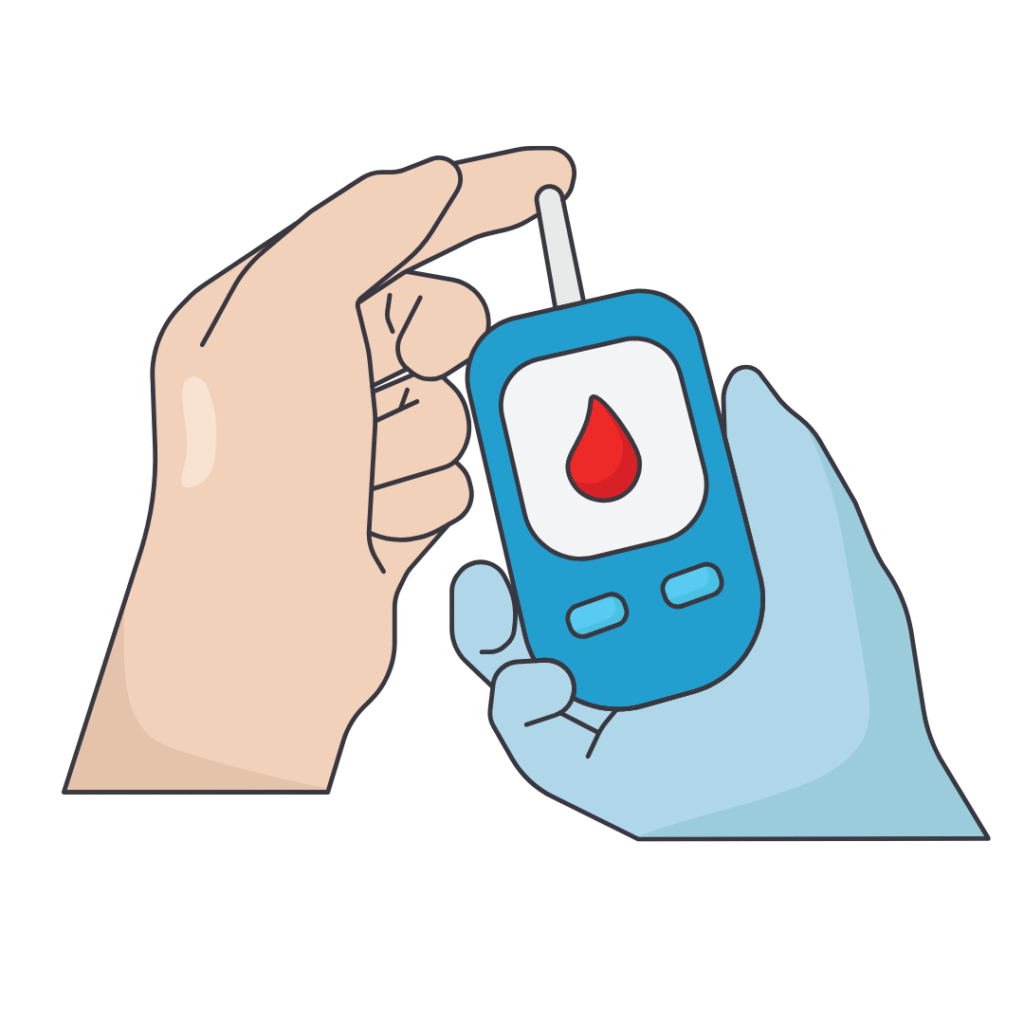
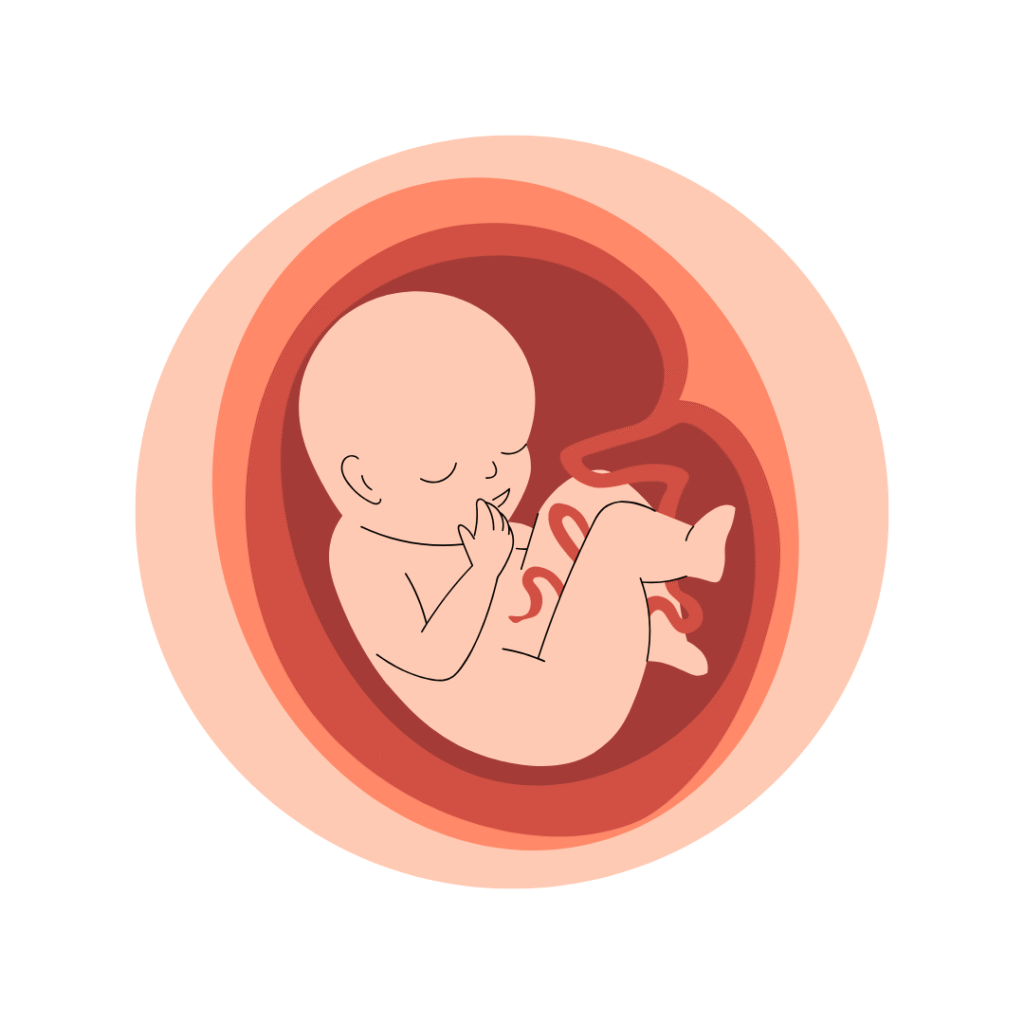
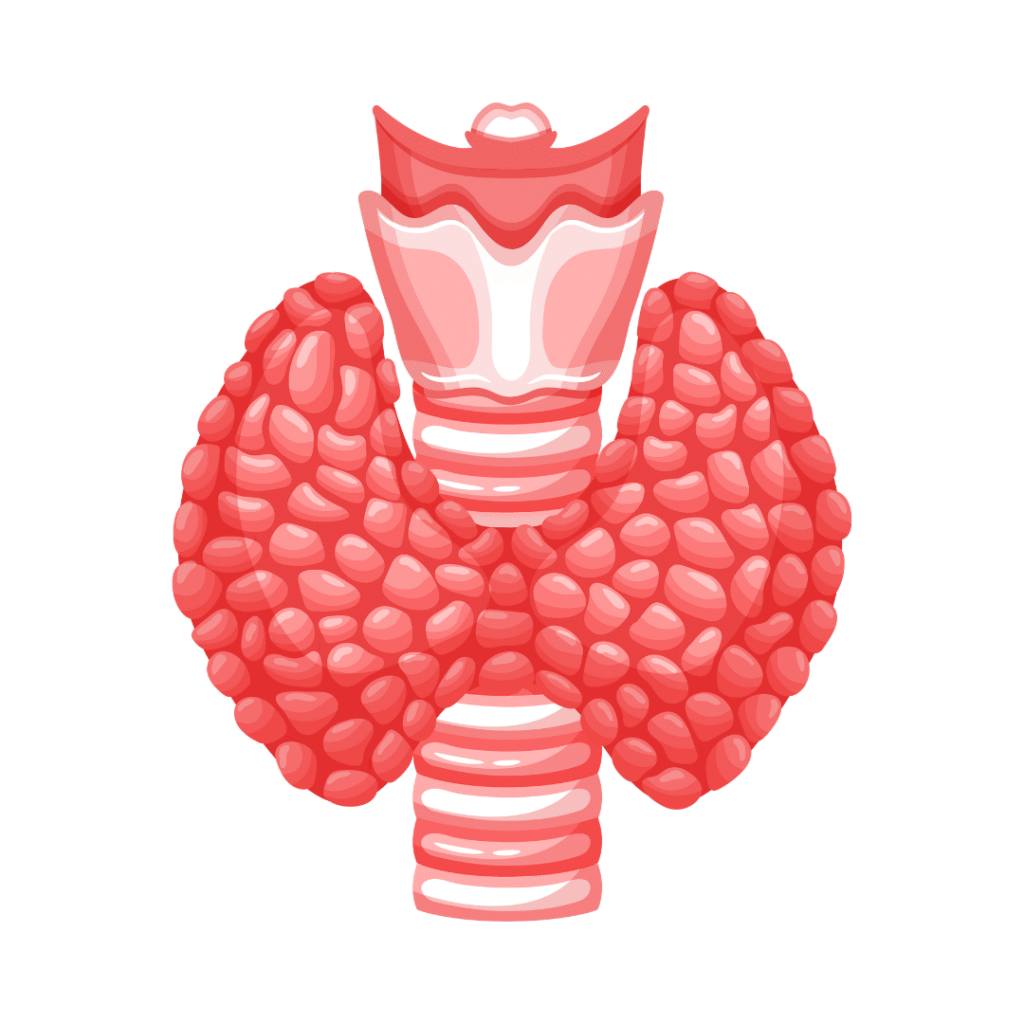
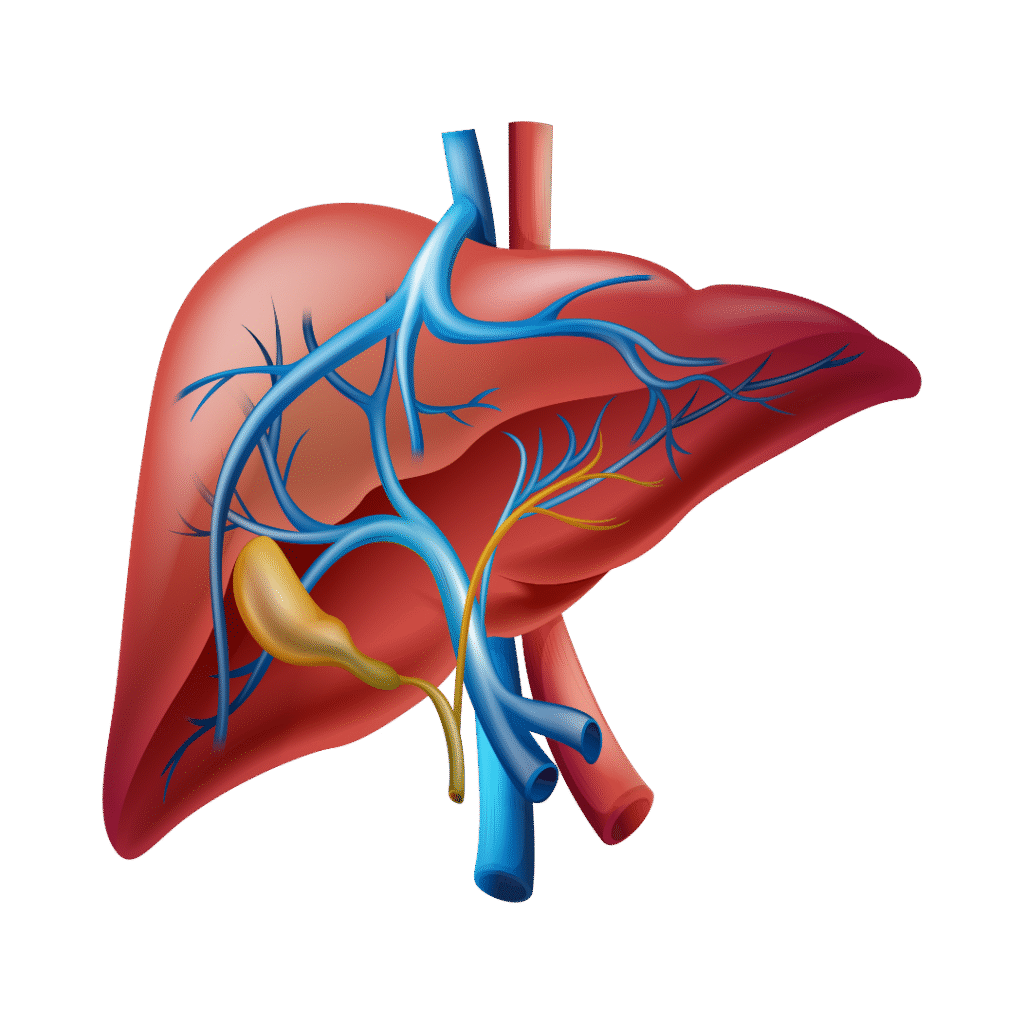
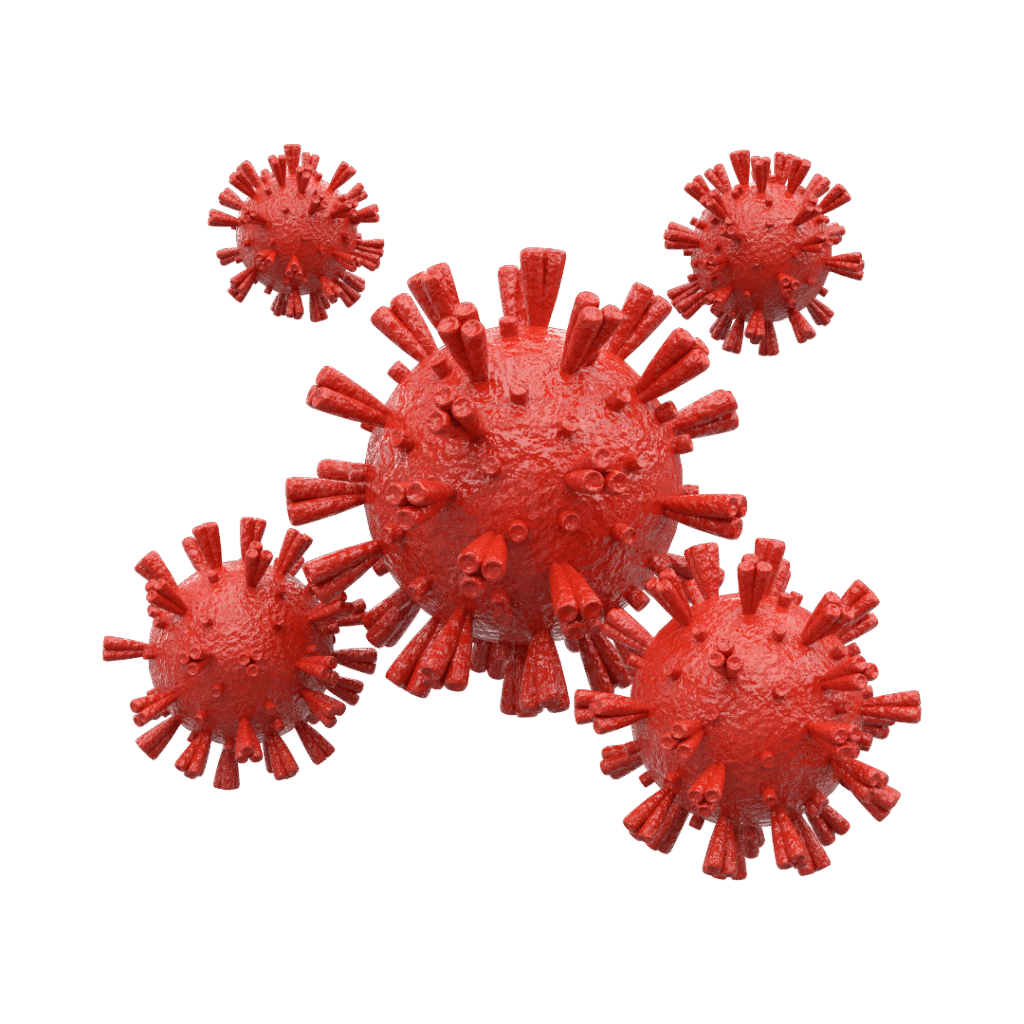
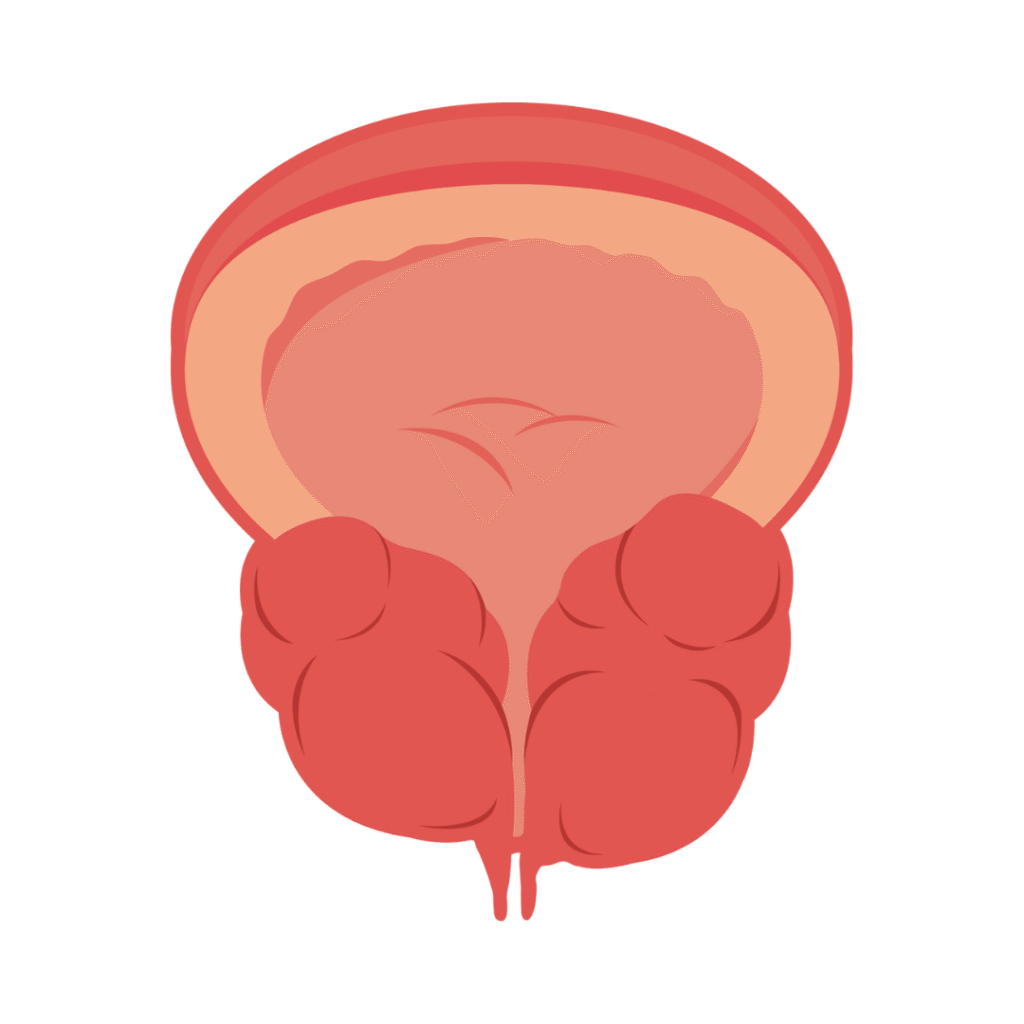

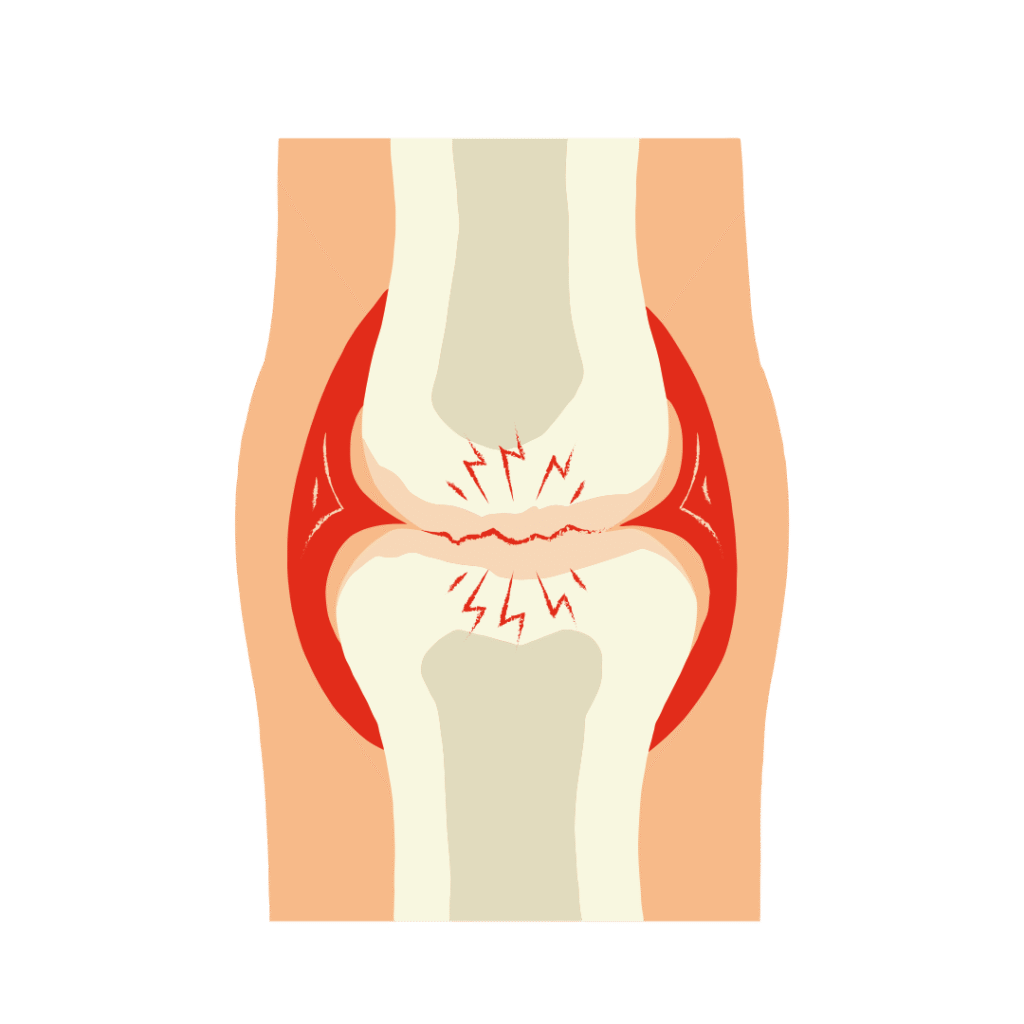
Diabetes
Pregnancy
Thyroid
Liver
Covid
Prostate
Fertility
Bone


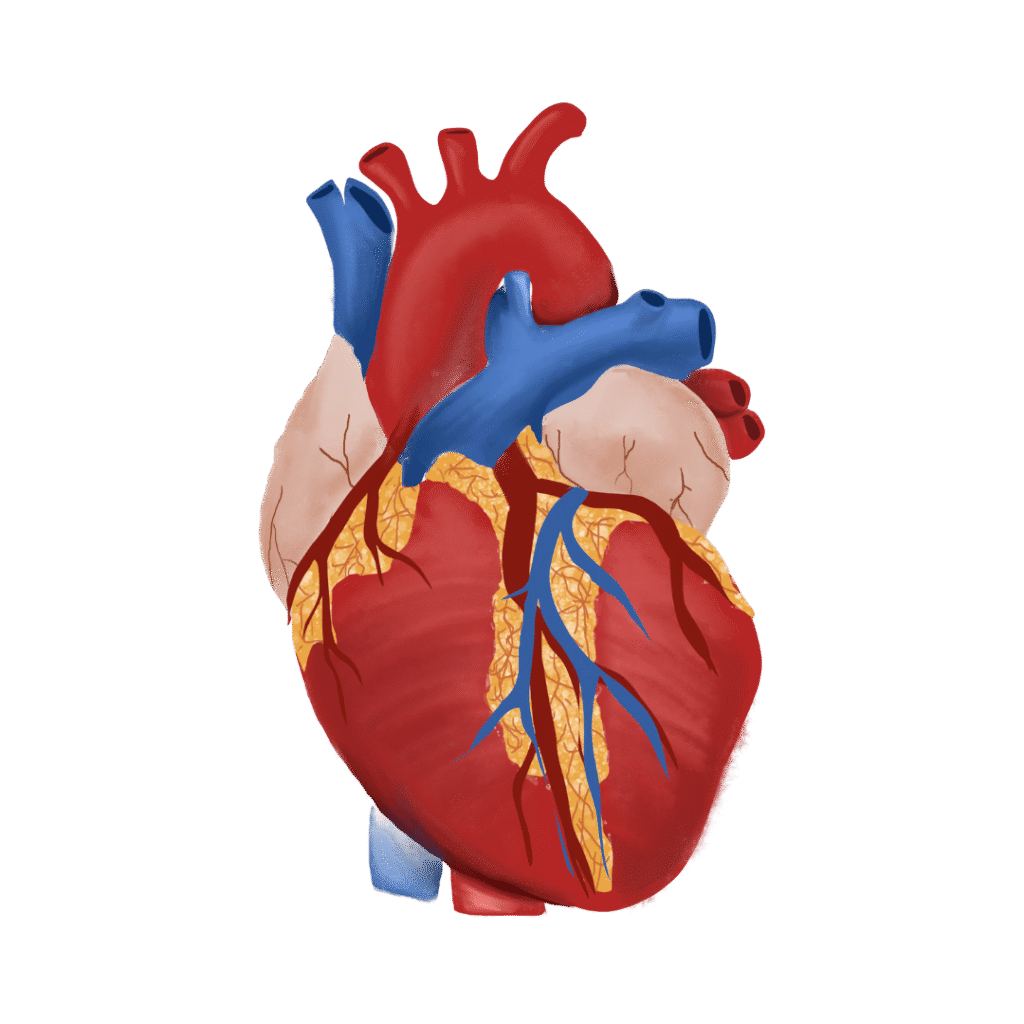
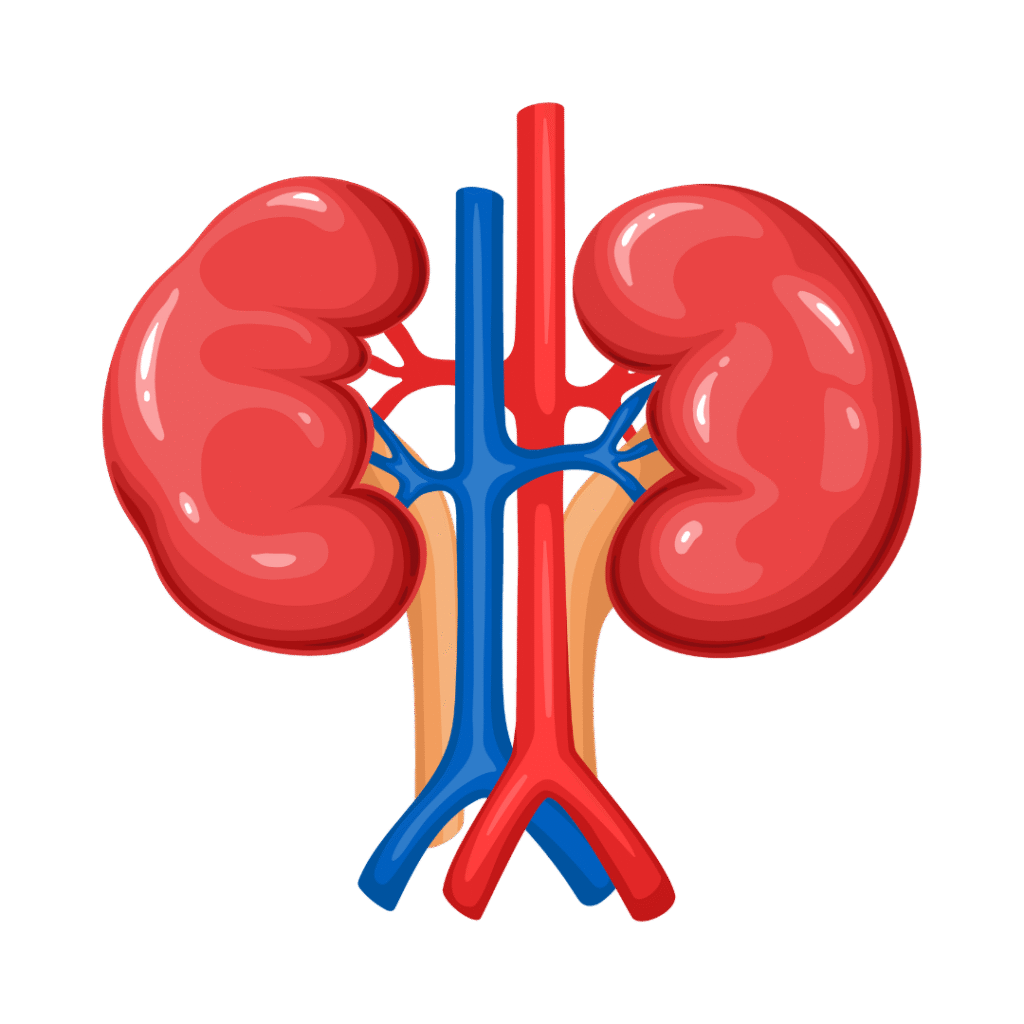
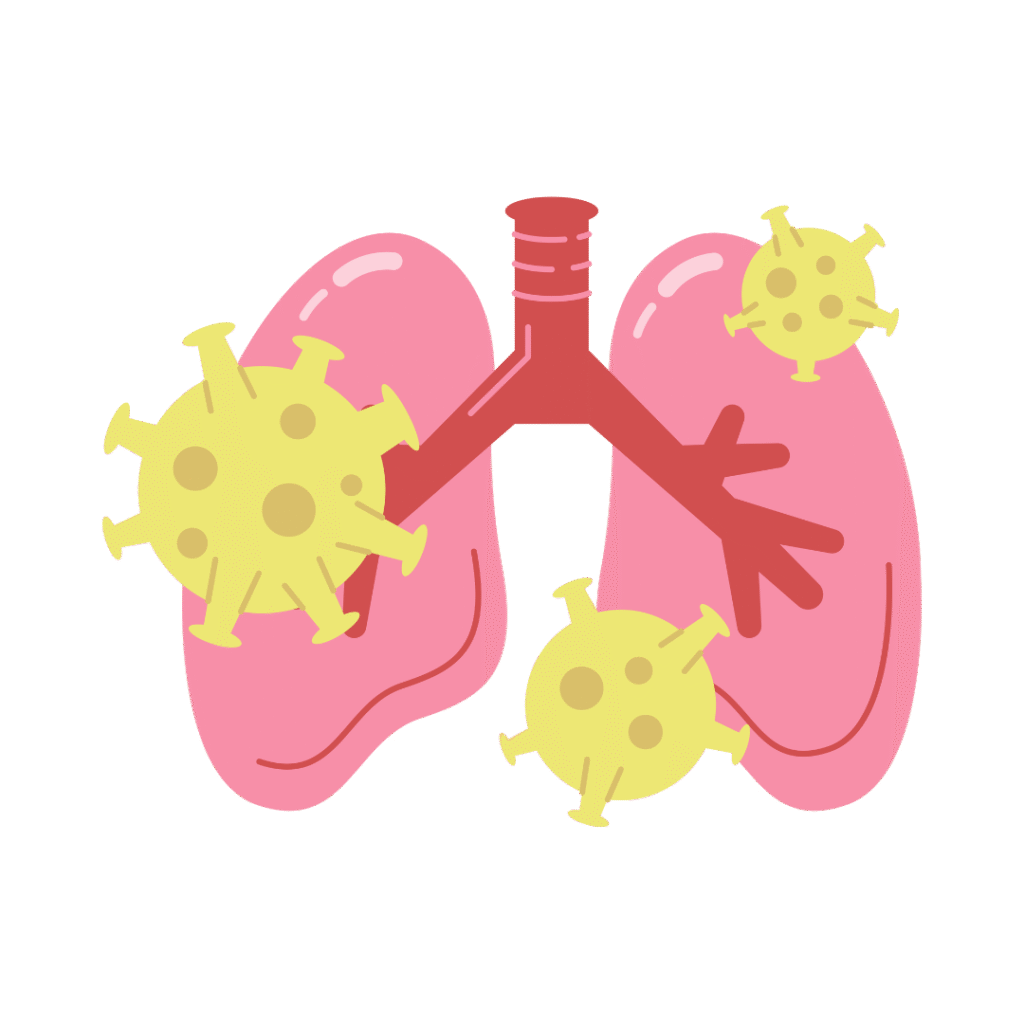
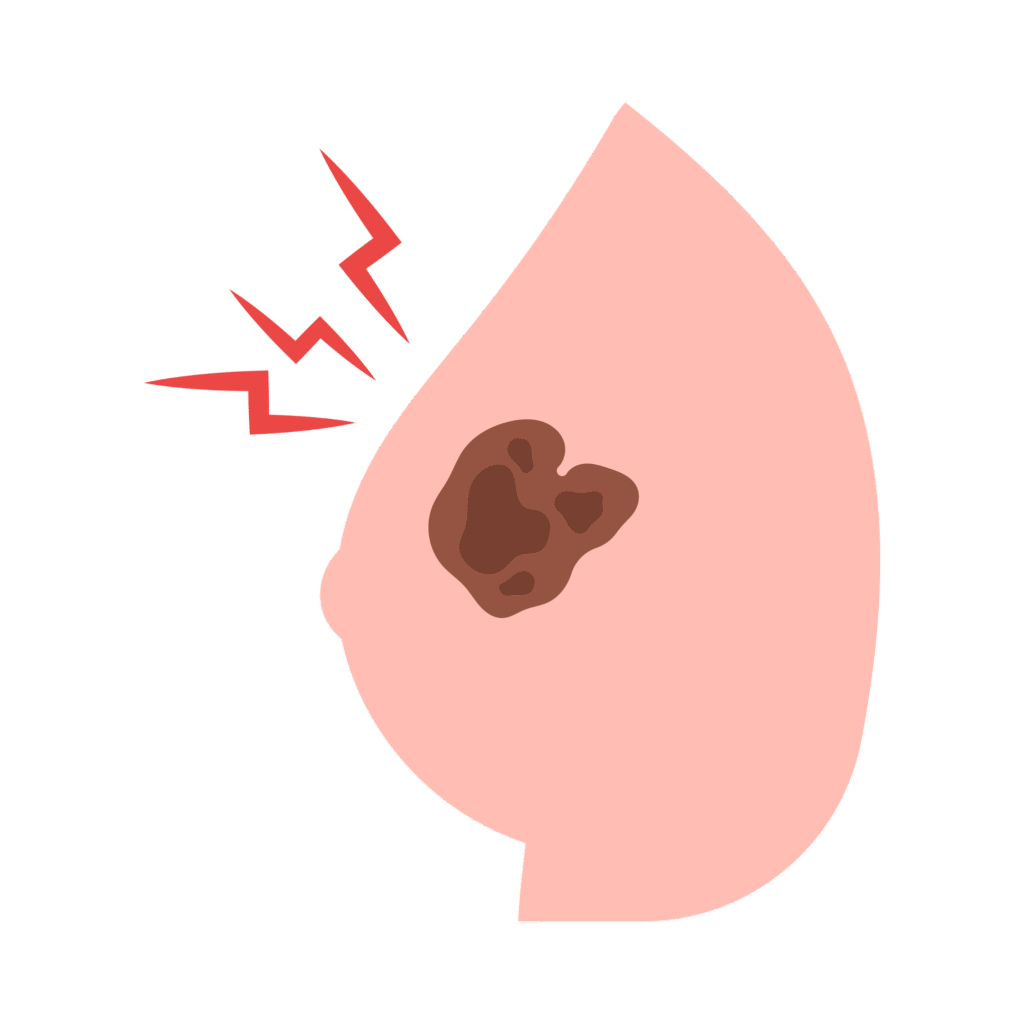

Gastro
Cervix
Heart
Kidney
cancer
breast
Vitamins
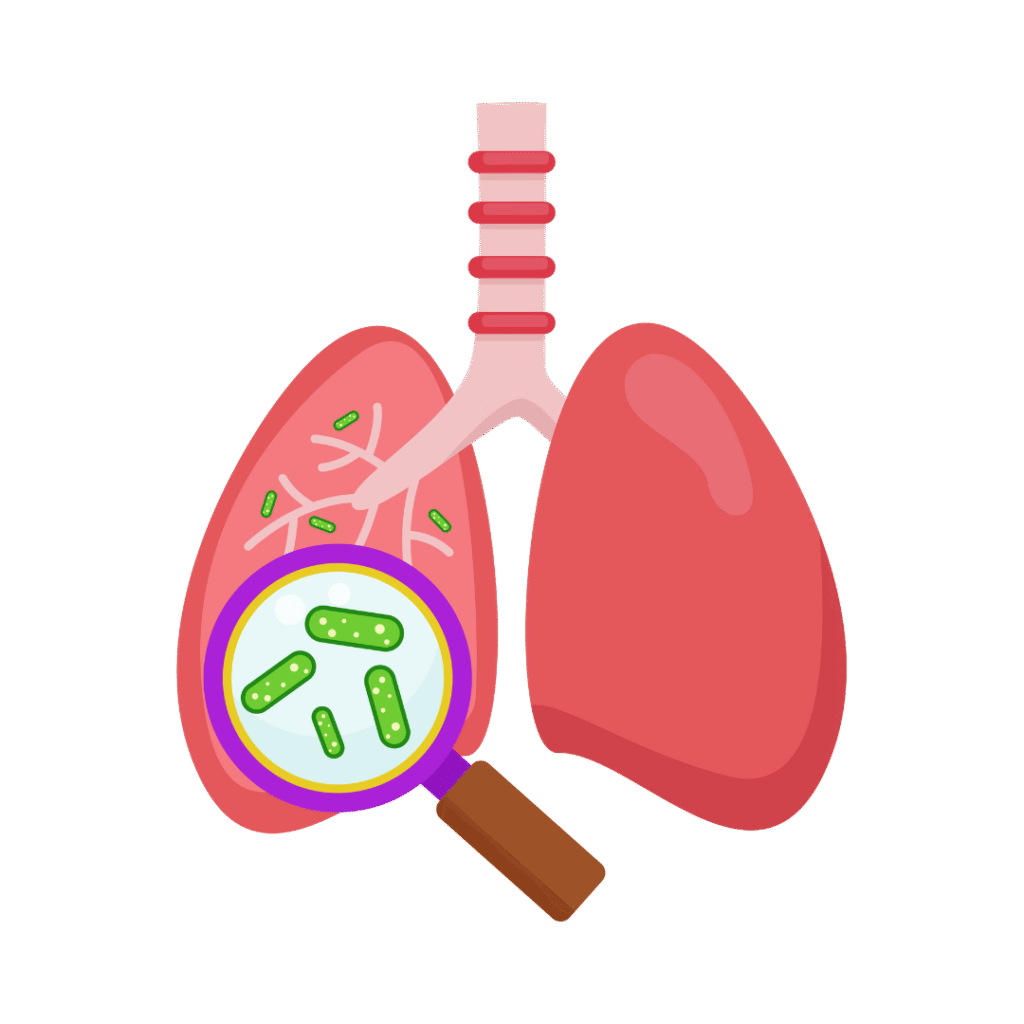
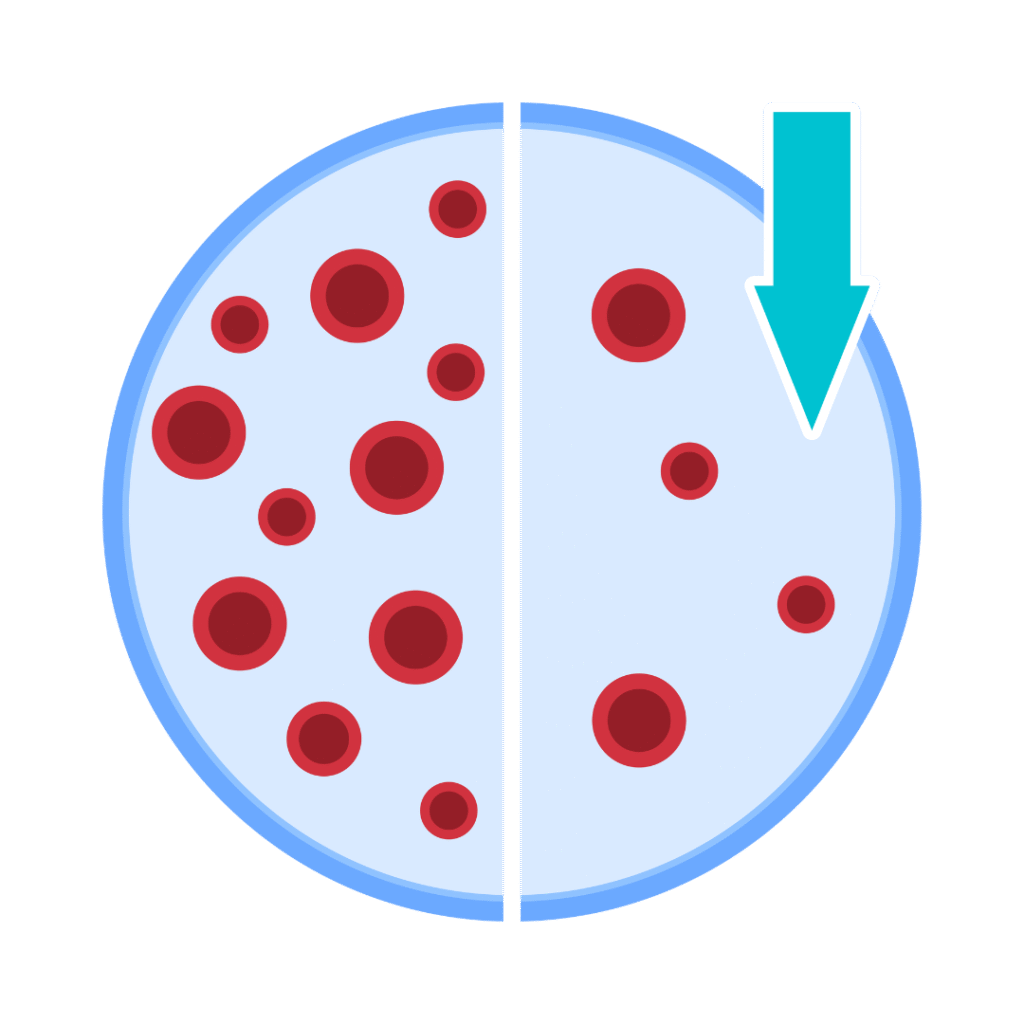
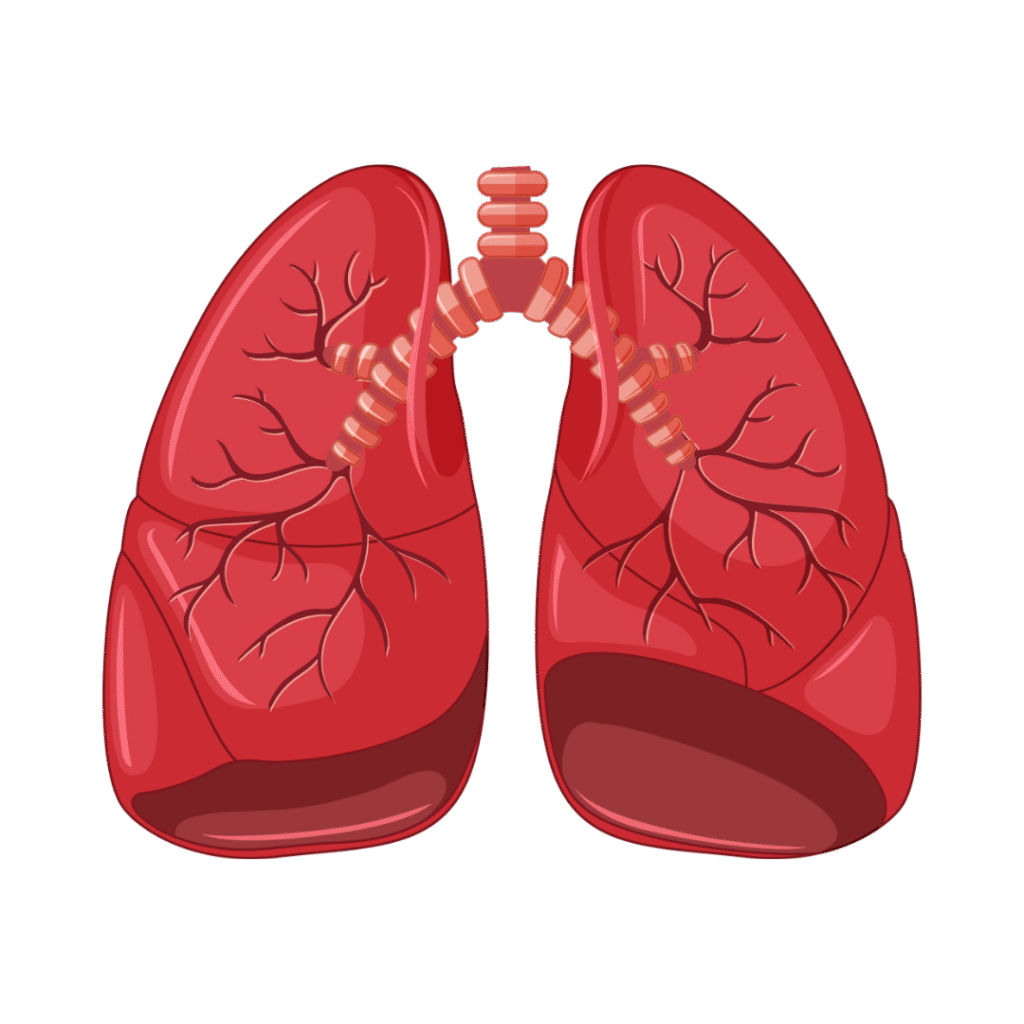


Tuberculosis (TB)
Anemia
Lungs
Fever
Allergy
Frequently Asked Questions
Molecular diagnostics involves analyzing DNA, RNA, or proteins to detect genetic disorders, infections, cancers, and to guide personalized treatment based on an individual's molecular profile.
Key molecular tests include:
RT-PCR (e.g., COVID-19, H1N1, TB)
HPV DNA test (for cervical cancer risk)
HCV/HBV viral load
HIV RNA PCR
BRCA1/BRCA2 (breast/ovarian cancer)
Gene mutation analysis (e.g., EGFR, KRAS, JAK2)
Prenatal genetic screening (NIPT)
Unlike conventional tests, molecular diagnostics directly examine genetic material (DNA/RNA) to provide highly sensitive and specific results—often before symptoms appear or disease progresses.
They help in:
Early and accurate disease detection
Predicting disease risk
Monitoring viral load in infections
Guiding targeted therapies in cancer treatment
Prenatal and newborn screening
Samples may include:
Blood
Saliva or buccal swab
Tissue biopsy
Amniotic fluid (prenatal)
Nasopharyngeal/throat swabs (for infections)
No. Most molecular tests do not require fasting, but follow specific instructions given for certain prenatal or infection-related tests.
Molecular tests are highly accurate, sensitive, and specific, often detecting conditions at the earliest stages, even when traditional methods may miss them.
Turnaround times vary:
RT-PCR: 6–24 hours
Genetic panels: 3–7 days
Comprehensive cancer panels: up to 2 weeks
Yes. Molecular tests are non-invasive or minimally invasive and are conducted under strict quality and safety standards in certified labs.
Some tests may be covered based on medical necessity and insurance policies. Our team can assist with insurance documentation and claims guidance.
invasive and are conducted under strict quality and safety standards in certified labs.
